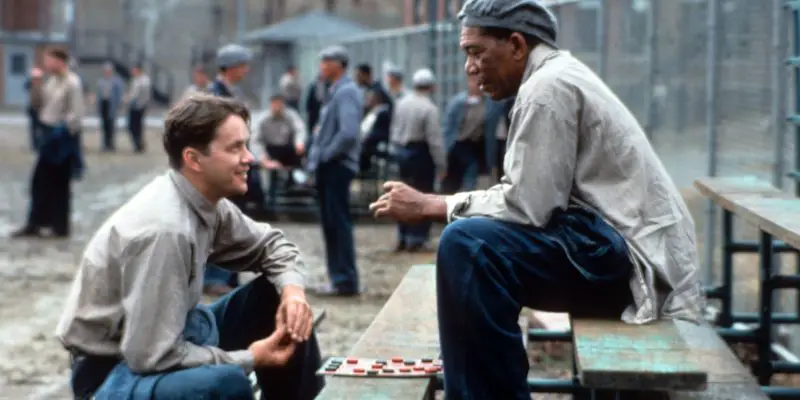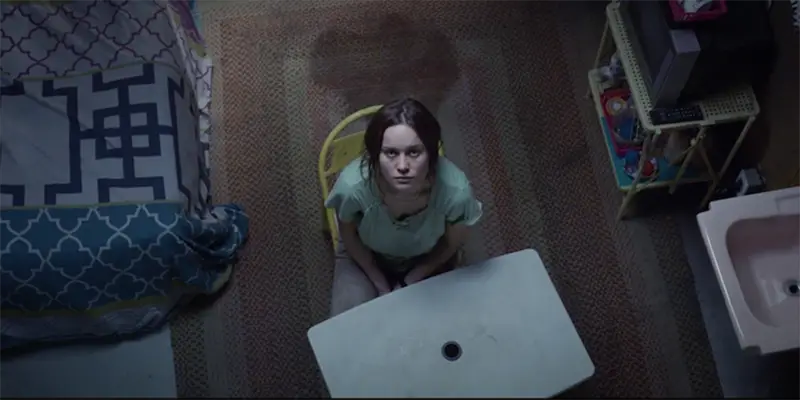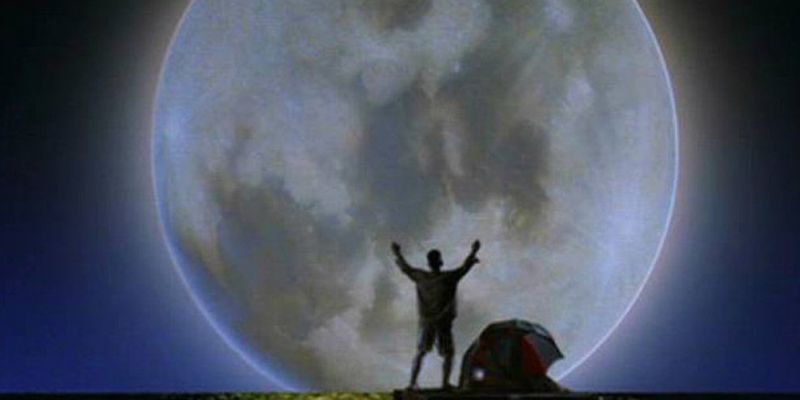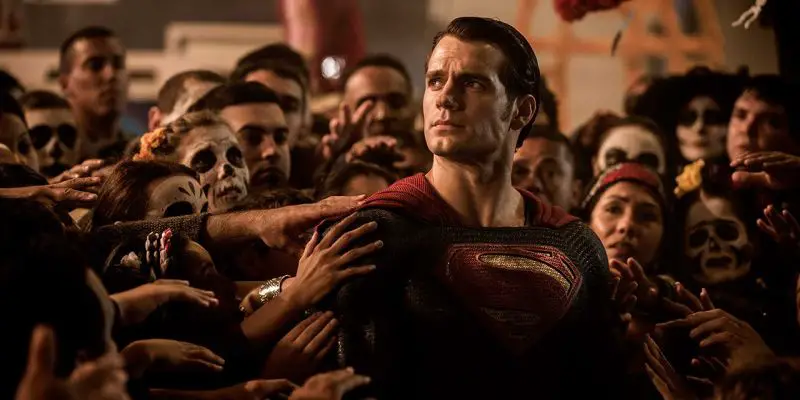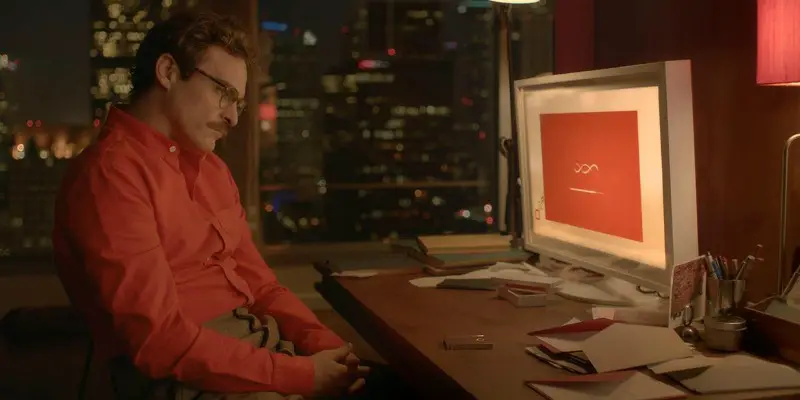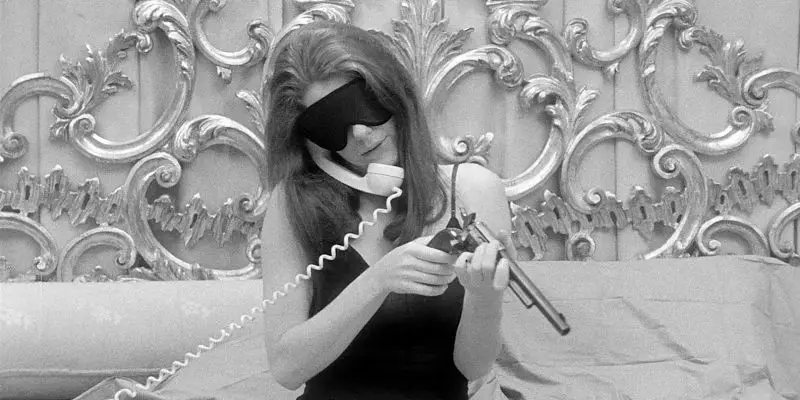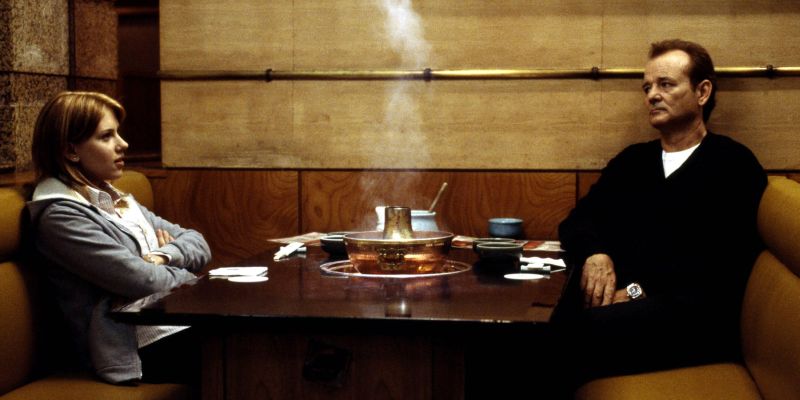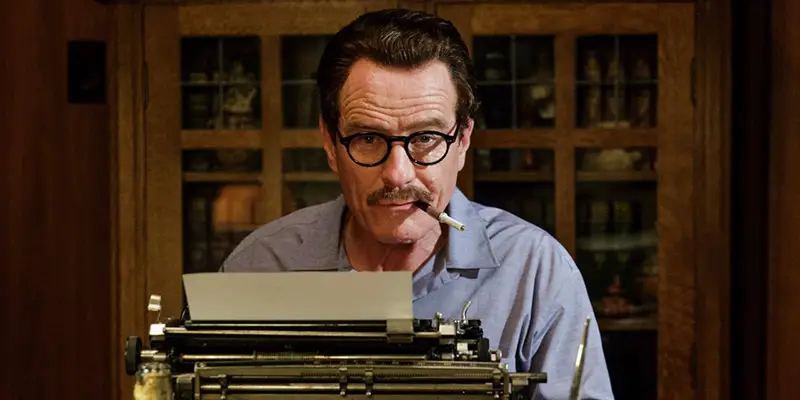film analysis
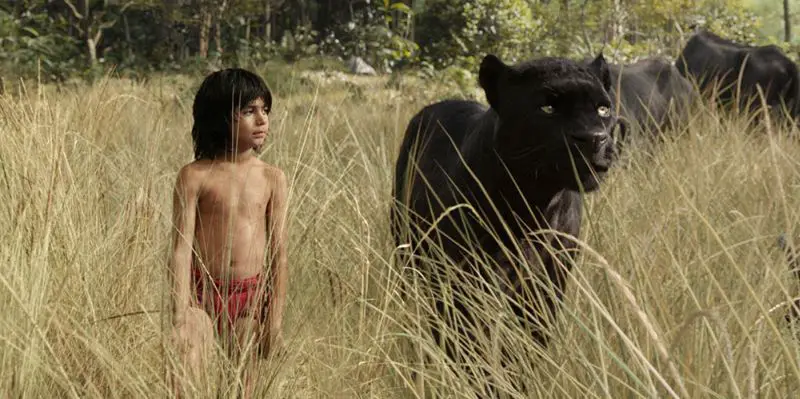
Filmgoers have always been captivated with man’s primal nature. From the silver screen adaptations of The Wolf Man to the mysterious Creature from the Black Lagoon, the primitive side of these movie monsters has contributed to horror genre’s A-team roster. Upon viewing their animalistic nature, our minds are suddenly given a glimpse into the missing link between man and beast.
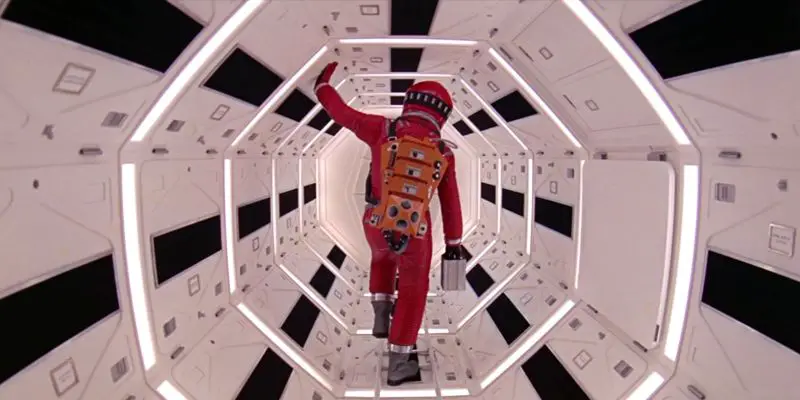
Stanley Kubrick’s classic sci-fi epic, 2001: A Space Odyssey, is a fictional transcendence of classic Greek mythos through the ubiquity of the motion picture camera. As the film’s title suggests, this is Greek philosopher Homer’s The Odyssey told on the grandest of scales and sparing no expense that 20th Century cinema had to offer.
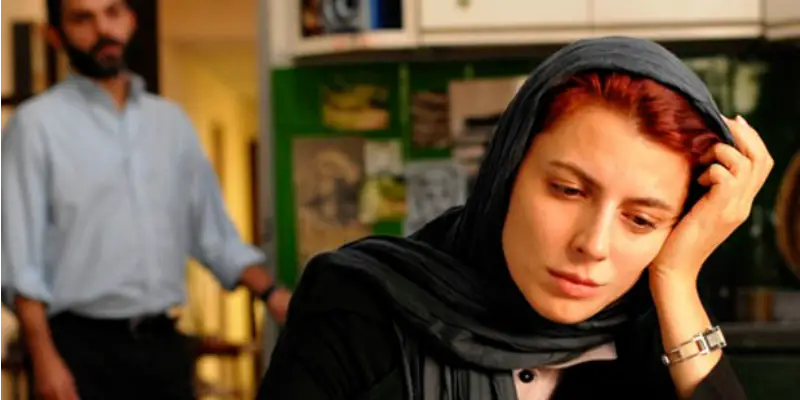
When we come across words like Arabic, Iranian, Palestinian, or any other Middle Eastern nationality, we immediately think of the difference in culture. Especially when it comes to women, we think of Islam’s (justified or not justified) reputation as an opponent of gender equality, an oppressor of women and the rule of men. This preconceived notion is slowly being challenged with a flood of films from the Middle East.
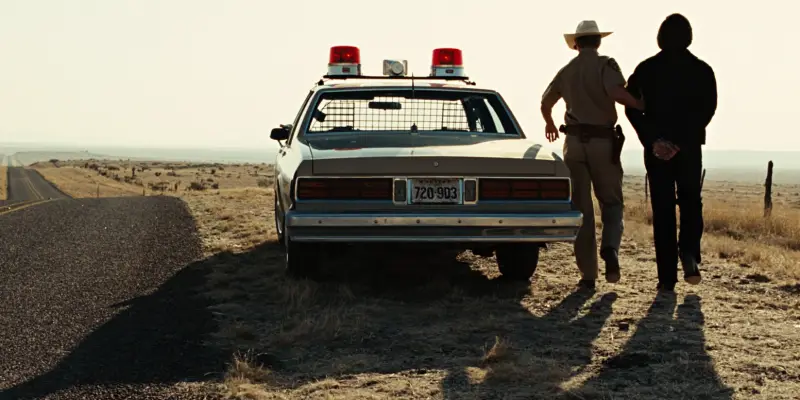
Joel and Ethan Coen’s No Country for Old Men is a unique genre mash-up that contains elements of western, horror, drama, and crime films. The film follows the interwoven arcs of several characters in West Texas in the early 1980s. While hunting, Lleyelyn Moss (Josh Brolin) comes across millions of dollars at the bloody scene of a drug deal gone awry.
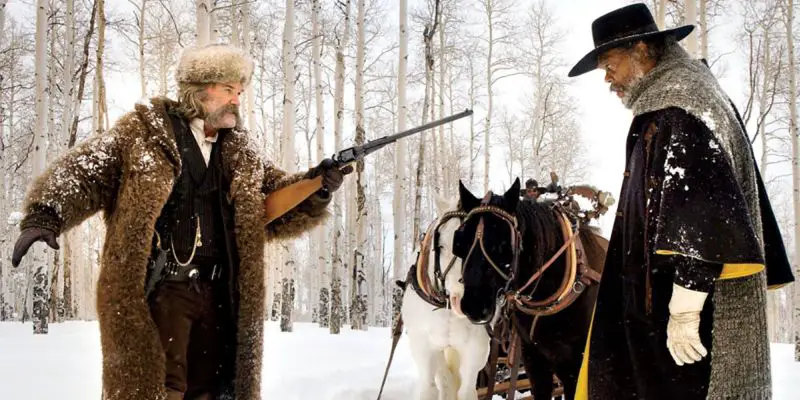
Closely approaching Quentin Tarantino’s new film The Hateful Eight arises expectations not only because of the name he has created for himself, but also because we are aware of the repeating pattern of collaborators in his films. But this piece is not about the cast of the film nor about Tarantino’s specific style. It is about the collaborators behind the scene, specifically on his first time collaboration with Ennio Morricone as a composer of the film’s original soundtrack.


